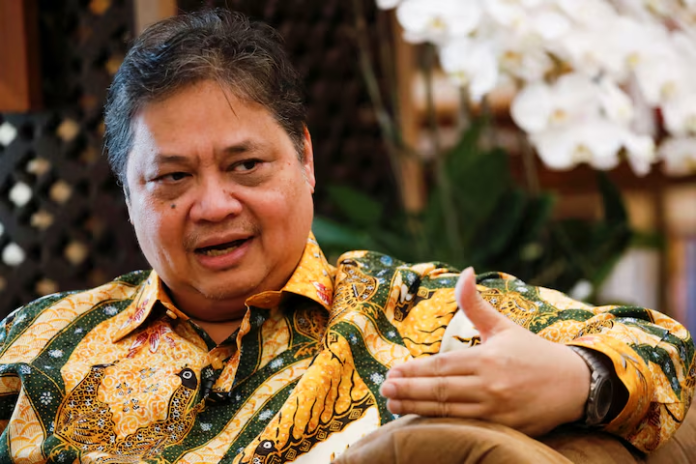Indonesia and the European Union are poised to conclude negotiations on a transformative free trade agreement this month, marking the culmination of a nine-year diplomatic effort, Euractiv informs.
Jakarta’s chief economic minister Airlangga Hartarto confirmed on Saturday that the final hurdles for the Indonesia-European Union Comprehensive Economic Partnership Agreement (IEU-CEPA) had been cleared, with an official announcement expected by 30 June.
The breakthrough follows 19 negotiation rounds since talks launched in July 2016. Both sides have now resolved “almost all issues,” according to minister Hartarto, who emphasised the pact’s core objective: dismantling tariffs and non-tariff barriers to unlock mutual economic potential.
Under the agreement, 80% of Indonesia’s exports to the EU—including palm oil, textiles, footwear, fisheries, and electric vehicles—will enjoy zero tariffs within one to two years of implementation. This provision addresses Jakarta’s longstanding grievance about facing higher EU duties than regional competitors like Vietnam, which secured preferential access through its own EU trade deal in 2020.
“The strategic advantage for Indonesia is the opening of the European market,” Hartarto stated, noting the EU’s pledge to grant “special treatment” for Indonesian forestry exports, a critical concession given earlier tensions over the EU’s deforestation regulations (EUDR). Though the EUDR remains separate from the trade pact, Brussels has committed to accommodating Indonesia’s concerns about geolocation tracking and smallholder burdens.
The path to agreement was fraught with complexity, not least because of the EU’s 27-member consensus requirement. Hartarto dismissed suggestions that the EUDR—which mandates proof that imports like palm oil aren’t linked to deforestation—was the primary delay.
Finding common ground with 27 European countries is not simple.
Nevertheless, the regulation strained relations, with Indonesia arguing it unfairly targeted smallholders who lack resources for complex due diligence. The deal also secures equitable terms for Indonesia’s fisheries sector, aligning access with other ASEAN nations like Thailand and the Philippines.
Meanwhile, for the EU, key wins include progress on local content rules, automotive sector access, and critical minerals supply chains.
